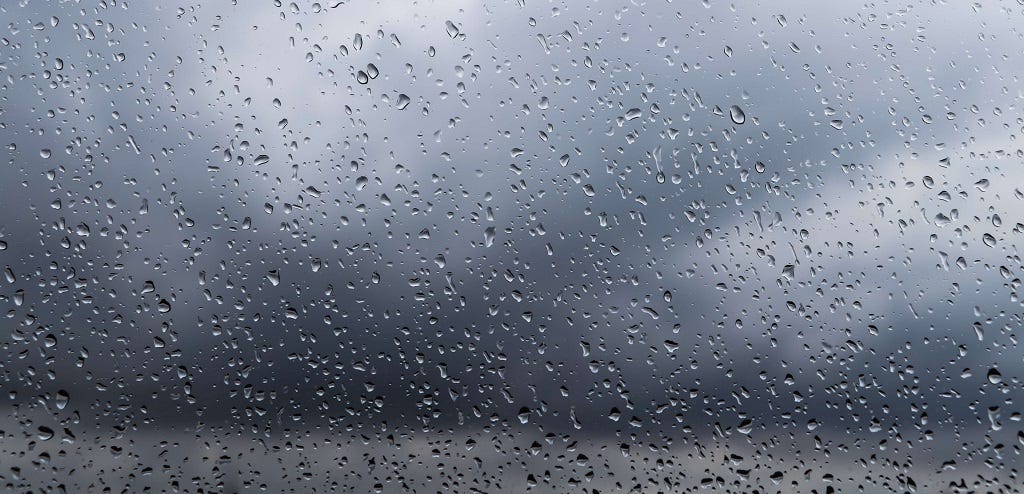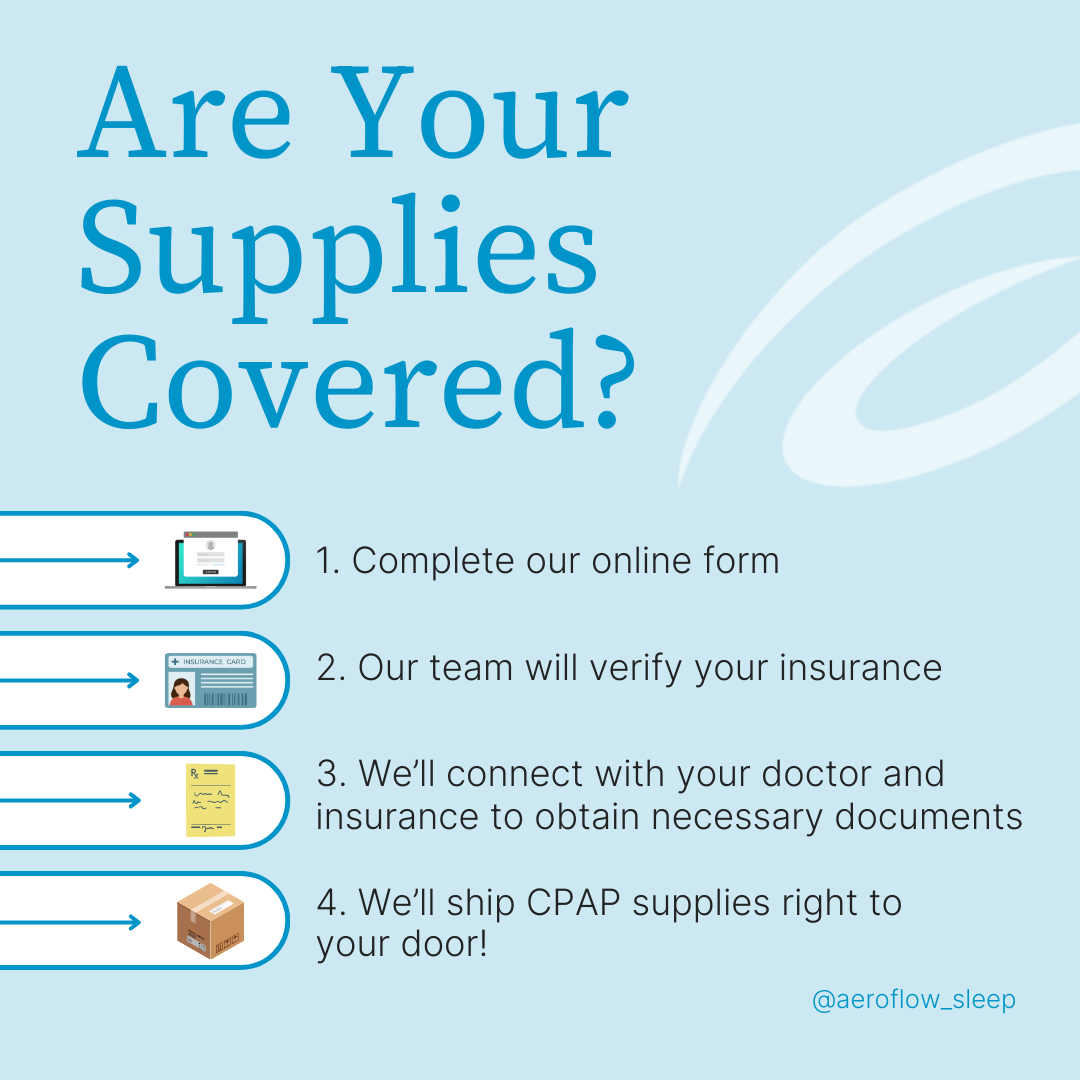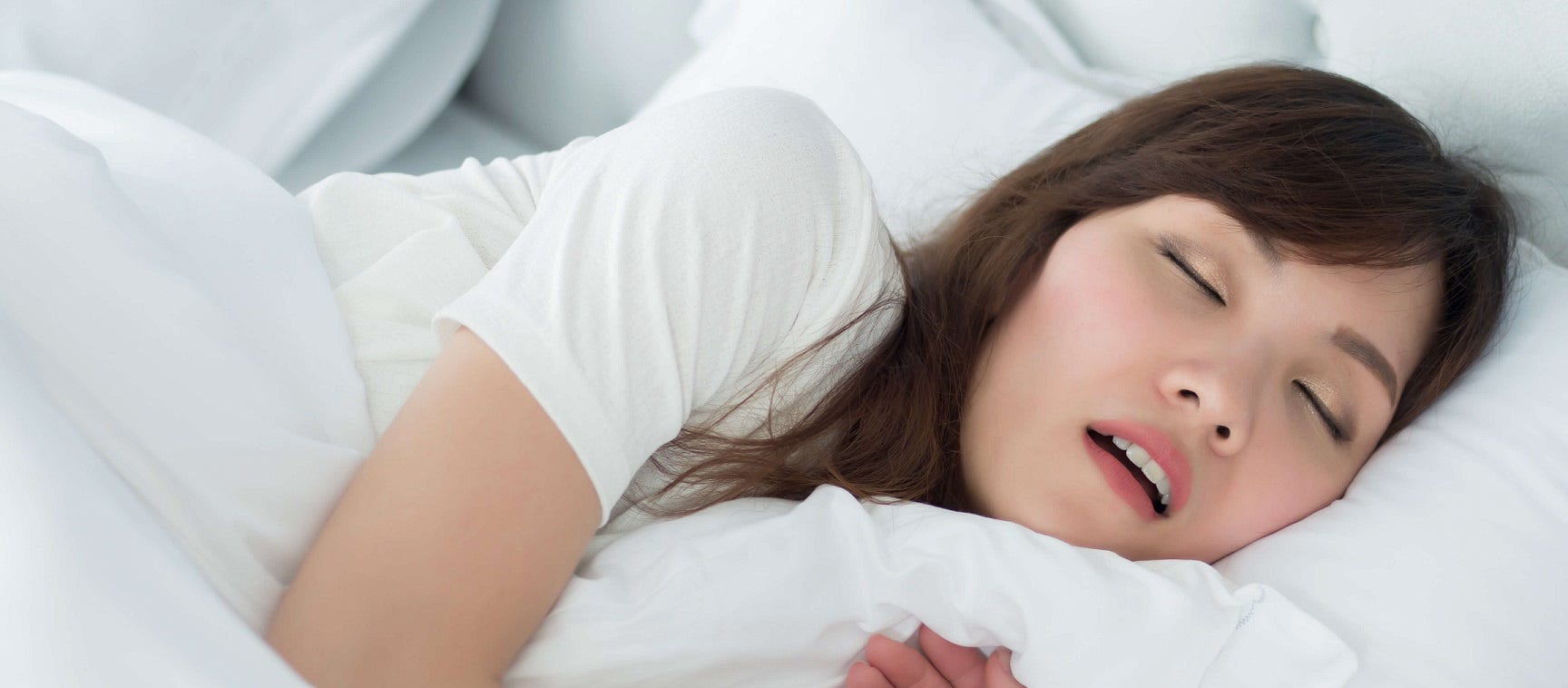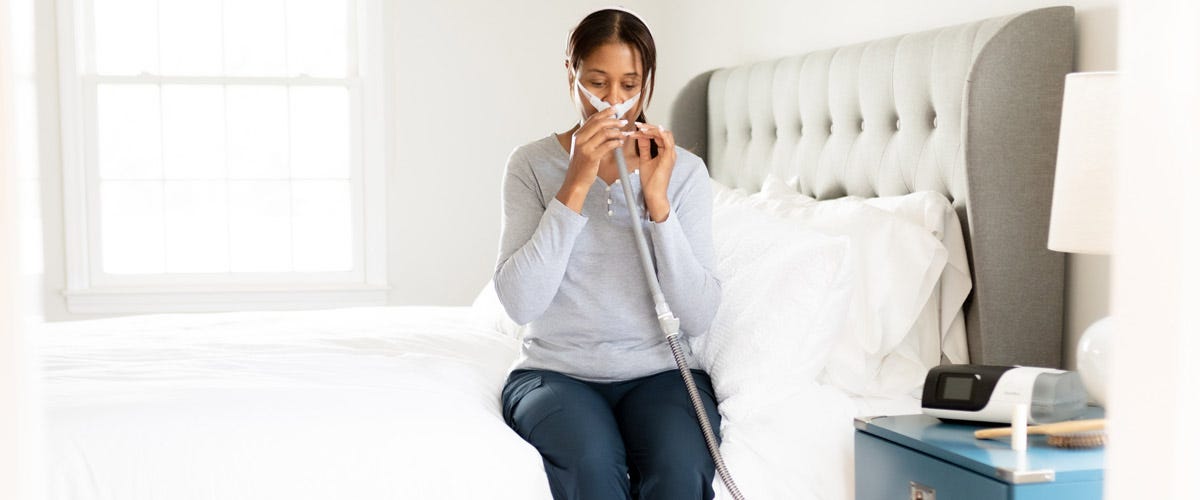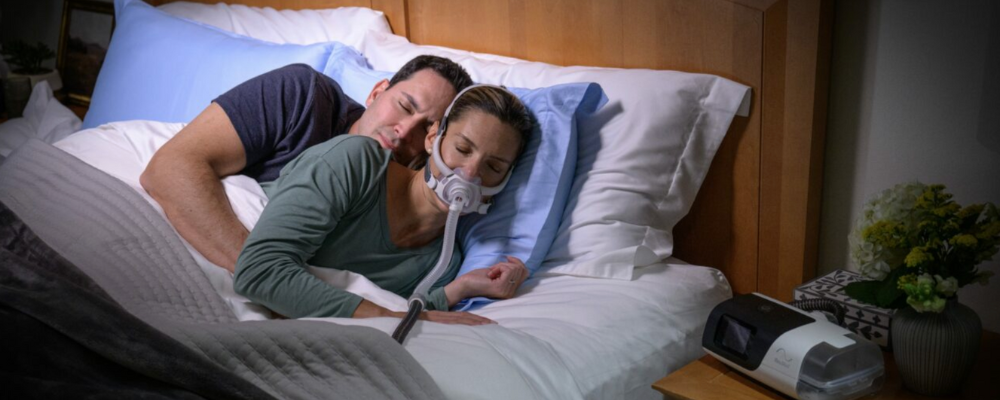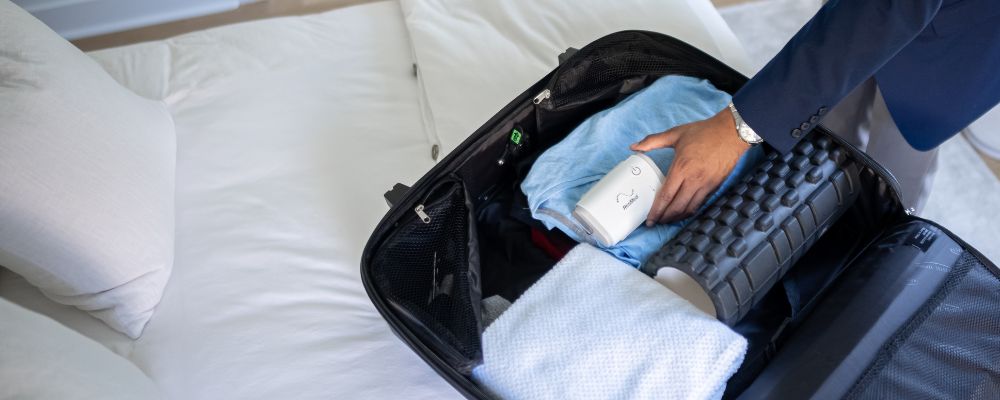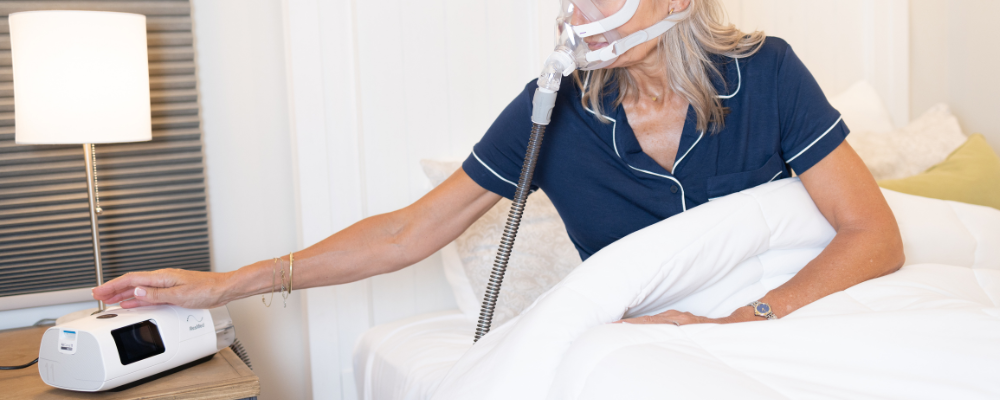Effective CPAP therapy only goes as far as your CPAP supplies, so why wouldn’t you modify your CPAP machine with the best attachments? We’ll explore what a CPAP humidifier is, who it can help, if it’s covered through insurance, and more.
What Is A CPAP Humidifier, And What Does It Do?
A CPAP humidifier is an attachment that moistens the air produced by your CPAP machine. It can help reduce inflammation in your nasal passages or simply provide comfort. If you have frequent sinus infections or nosebleeds or just want the air from your CPAP device to match your environment, a CPAP humidifier may be right for you.
Benefits include better sleep, deeper breathing, and improved air quality.
Types of CPAP Humidifiers
There are 3 types of CPAP humidifiers:
Passover Humidifier
The most common type of CPAP humidifier, the air literally “passes over” the water and into your tubing. Think about how evaporation works; same concept. Your water chamber is the lake, and the air passing over is headed to the clouds (or your CPAP mask.)
Heated Humidifier
Much like heated tubing, this humidifier warms the air as it moves through the water chamber and is perfect for anyone living in a place where it’s cold and dry. The warm, moist air created by a heated humidifier will cancel out your natural climate. This is the best option for sleep apnea patients who suffer from respiratory disorders.
Waterless Humidifier
Needless to say, you don’t need any water to use it. Instead, it works by capturing the moisture from your breath to humidify the CPAP airflow. You often find a waterless humidifier attached to travel CPAPs; however, a CPAP humidifier may not be necessary if you are traveling somewhere tropical. Travel CPAP examples include the Philips Respironics Dreamstation Go and the ResMed Airmini. The latter comes with its own HumidX integrated humidifier.
Who Should Use a CPAP Humidifier?
You should consider a CPAP humidifier if you experience certain side effects; such as…
- Dry mouth
- Nasal congestion
- Sore throat
You should also consider a CPAP humidifier if your CPAP machine is programmed at a higher pressure setting, or else the increased airflow may make these side effects worse.
CPAP Humidifier FAQs
What should your humidity level be?
Humidity level is the first thing you want to set in order to prevent rainout or dryness. Rainout is the moisture left in your CPAP mask or tube when the room temperature is colder than the water chamber; like how a cold beverage sweats on a hot day. Dryness is the obvious opposite.
The right level will be different for everyone. That said, you should start with a lower humidity setting and adjust it one level at a time until you’re comfortable. This will help prevent rainout.
Both rainout and dryness can be things of the past with the right humidification, and then some CPAP machines also allow you to change the temperature. If you have a heated humidifier, a lower humidity level produces cooler air and vice versa.
Which kind of water should you use?
Choosing which water to use is another important tip. Tap water doesn’t cut it, because it may contain microbes, minerals, and trace chemicals that can build up in your CPAP machine. If buildup begins to impact its functionality, you may be ruining your CPAP machine and voiding your warranty entirely.
A CPAP humidifier needs distilled water to function properly. Just fill the water chamber with the recommended amount of distilled water, and you’re ready to go!
How do you clean a CPAP humidifier?
Be sure to replace yesterday’s distilled water first. In a sink or tub, use warm, soapy water to rinse the water chamber for 2 ½ minutes, and then wipe away any excess with a clean towel, effectively drying the water chamber for the same period of time.
Cleaning a CPAP humidifier water chamber should happen daily, and manufacturers recommend that the unit itself be replaced every 6 months.
Tap water can be used for cleaning.
Do CPAP humidifiers really help?
CPAP users who use a CPAP humidifier see better compliance results. Researchers in Sweden followed about 16.5K patients who had been prescribed a CPAP machine between 2010-2017. The study showed that within a year of starting their CPAP therapy journey, around 15% of patients were only using their CPAP machines 2.5 hours per night. The recommended minimum duration is 4 hours per night. Another 9% had stopped using their CPAP machines altogether.
Those who used a CPAP humidifier were less likely to stop by 43%. Plus, 42% of the CPAP users who initially chose not to use a CPAP humidifier changed their minds by the end of the study. ResMed was so impressed by this study that they published their own compliance article with the researchers as a source and created their own line of humidification products; including CPAP humidifier attachments compatible with the ResMed AirSense 10. But can these products be covered through insurance?
Will Insurance Cover a CPAP Humidifier?
If this is your first CPAP humidifier or you are replacing a unit 6 months or older, your insurance may cover a new one. How can you know for sure? That’s where Aeroflow Sleep comes in.
Our team of dedicated Sleep Specialists will work with your insurance company to determine if you qualify for a new CPAP humidifier. You may be surprised to find it 100% covered.
To check your eligibility, you can fill out our convenient qualify form or call (800) 480-5491. If you’re an existing Aeroflow Sleep customer, visit your account management portal. We’re here to help!


